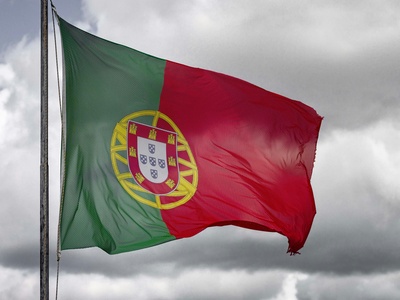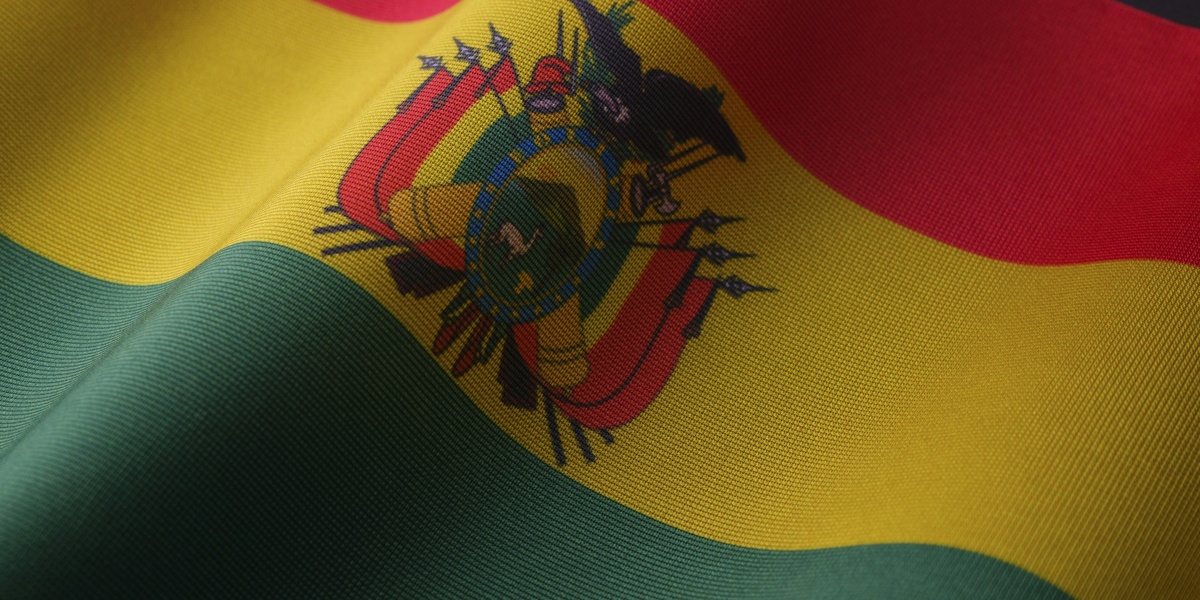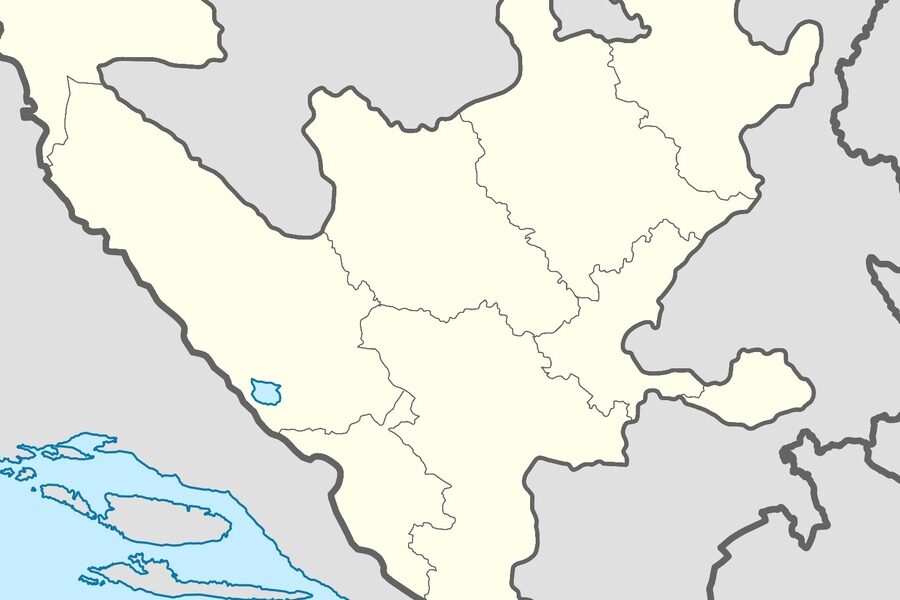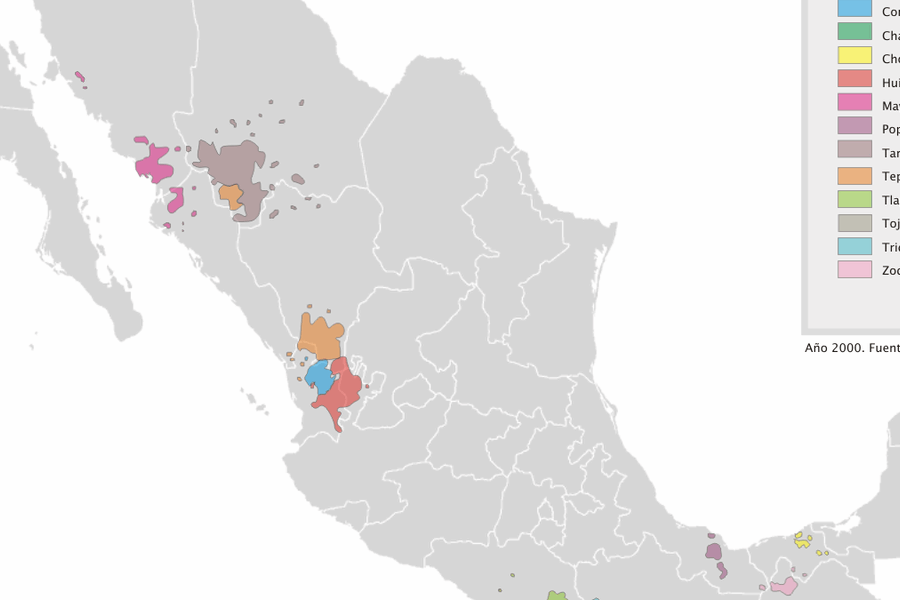Equatorial Guinea, a captivating nation on the central west coast of Africa, boasts a unique linguistic landscape shaped by its colonial past and rich indigenous cultures. Understanding the languages spoken here offers a deeper insight into the country’s multifaceted identity and its connections to different parts of the world.
Delving into this, you’ll find there are exactly 3 Official Languages in Equatorial Guinea, reflecting its diverse heritage and international ties. These range from the historically significant Spanish to the widely used French. For each, you’ll find below comprehensive details including its Official Status, Speakers (approx.), and Language Family.
Why is Spanish an official language in Equatorial Guinea?
Spanish holds official status primarily due to Equatorial Guinea’s history as a Spanish colony. For over two centuries, from the 18th century until its independence in 1968, Spain exerted significant influence over the territory. This legacy is still evident today, with Spanish being a key language in education, government, and cultural life for many citizens.
What other languages are commonly spoken in Equatorial Guinea apart from the official ones?
Beyond the official languages, a rich variety of indigenous Bantu languages are widely spoken throughout Equatorial Guinea, especially in rural areas. Prominent examples include Fang, Bubi, Benga, Ndowe, Annobonese, and Combe. These languages are vital to the cultural identity and daily communication of the country’s diverse ethnic groups.
Official Languages in Equatorial Guinea
| Language Name | Official Status | Speakers (approx.) | Language Family |
|---|---|---|---|
| Spanish | Official | 1,200,000 | Romance (Indo-European) |
| French | Official | 100,000 | Romance (Indo-European) |
| Portuguese | Official | 5,000 | Romance (Indo-European) |
Images and Descriptions

Spanish
Spanish has been the principal official language since independence; it dominates government, media, education and urban life. It unites diverse ethnic groups, shaping national identity while coexisting with indigenous languages and widespread bilingualism.

French
French was added as an official language to strengthen regional ties with Francophone neighbors. Used mainly in diplomacy, international relations, and some education programs, its everyday use is limited but promoted through schools and government initiatives.

Portuguese
Portuguese was made official to deepen links with the Lusophone world; practical usage remains small. It appears in diplomatic efforts, language training, and cultural programs as the state builds ties, though everyday native speakers are very few.






